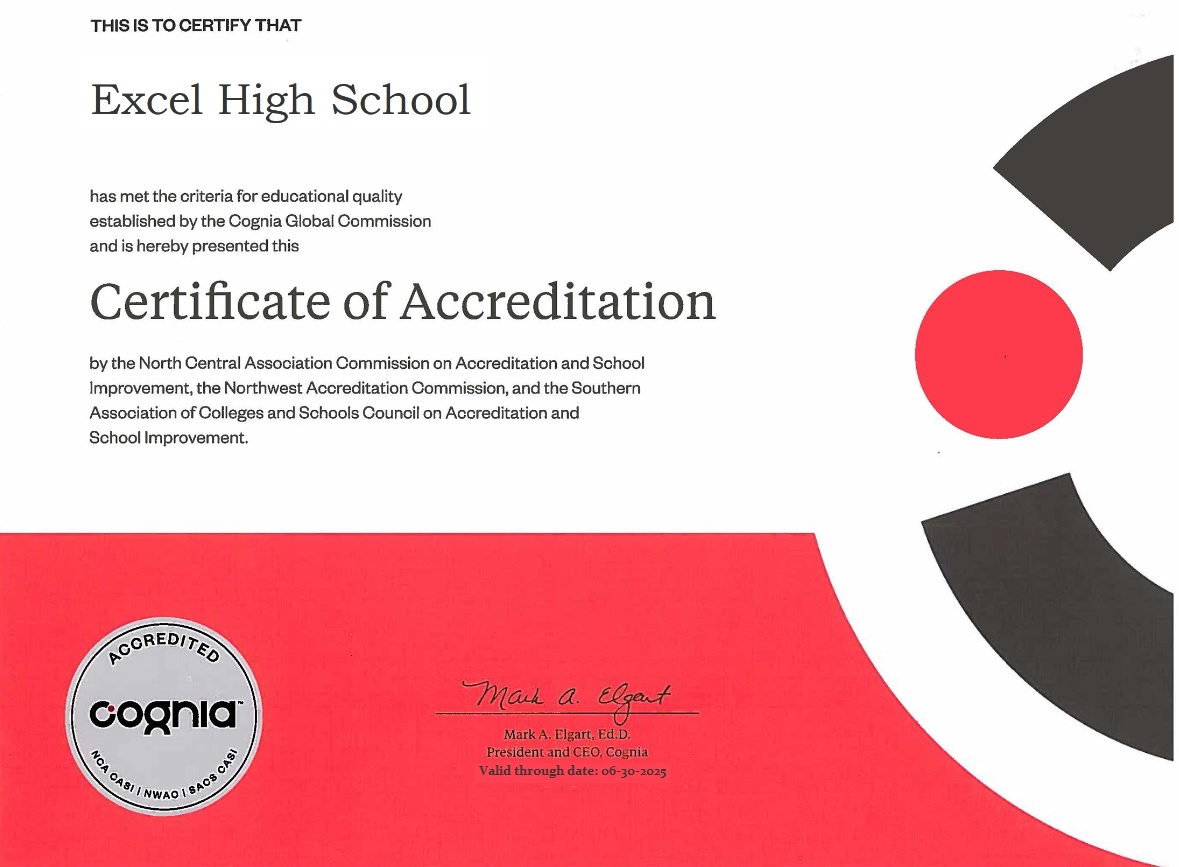When I first started looking into schools for my child, I’ll admit, I didn’t really know much about school accreditation. All I knew was that I wanted a place that offered a good education and a safe, supportive environment. But as I dug deeper, I began to realize just how important school accreditation is. It’s not just some formal stamp of approval—it’s a sign that the school meets high educational standards, is committed to continuous improvement, and ultimately, provides students with a solid academic foundation.
In this post, I’ll walk you through why school accreditation is so crucial for academic quality, how it benefits students and parents, and what to look for when choosing a school. Whether you’re a parent looking for the best school for your child or just curious about the education system, understanding accreditation is a must.
What Is School Accreditation?

In simple terms, school accreditation is a process by which schools—whether they are public, private, or even online institutions—are evaluated by an independent body to ensure that they meet certain standards of educational quality. These standards include factors like curriculum, teaching effectiveness, facilities, resources, and student outcomes.
Think of it like a quality check for schools. Just as you wouldn’t want to buy a car without checking its safety ratings or performance reviews, you also don’t want to send your child to a school that hasn’t been properly evaluated for academic quality.
Accreditation is usually carried out by recognized accrediting agencies, which are organizations that specialize in assessing educational institutions. These agencies set criteria for what a high-quality education should look like and then review schools to make sure they meet those criteria. The process is rigorous, and it ensures that accredited schools are committed to maintaining high standards.
Why Is School Accreditation So Important?
Now, you might be wondering: why does this accreditation thing really matter? Well, here’s the deal: accreditation is crucial because it directly impacts the quality of education a school provides. Here’s how:
1. Assurance of High Educational Standards
When a school is accredited, it means the school has met the rigorous standards set by the accrediting body. This includes having qualified teachers, up-to-date curricula, and the resources necessary to deliver a solid education. For parents, this is the peace of mind you need knowing that your child is attending a school where the focus is on educational excellence.
I remember when I was choosing a school, I kept finding myself wondering if the school’s programs were good enough to prepare my child for the future. Accreditation gave me the confidence that the school was adhering to national or international education standards, and that made all the difference.
2. Access to Financial Aid and Scholarships
One of the unexpected benefits of choosing an accredited school is that it opens up access to financial aid and scholarships. Many government and private scholarships require students to be enrolled in an accredited institution. Without accreditation, your child might miss out on these valuable opportunities for financial support.
When I realized this, it was one of the deciding factors in my decision to look only at accredited schools. The thought of my child missing out on potential scholarships just because the school wasn’t accredited was enough to push me to prioritize accreditation in my search.
3. Transferability of Credits
Accreditation also plays a key role when it comes to transferring credits from one school to another. If your child is enrolled in an accredited school and needs to move to a different school—whether it’s because of a move or a change in educational needs—accredited schools are more likely to accept transfer credits. This isn’t always the case with non-accredited schools, which may have more limitations on credit transfers.
I’ve seen friends struggle when their kids needed to change schools and couldn’t transfer credits easily because the previous school wasn’t accredited. It’s a hassle that can easily be avoided by choosing an accredited institution from the start.
4. Accountability and Continuous Improvement
Accreditation isn’t just a one-time check; it’s an ongoing process. Schools are regularly reevaluated to ensure they continue meeting the required standards. If a school doesn’t maintain those standards, it risks losing its accreditation. This means accredited schools are held accountable for their performance, which encourages them to continually improve their programs, teaching methods, and resources.
This accountability was one of the key reasons I felt confident in choosing an accredited school. Knowing that the school would undergo regular evaluations and that they were committed to improvement gave me the reassurance that my child’s education wouldn’t stagnate.
Types of Accreditation
Not all accreditation is the same, so it’s important to know what type of accreditation a school holds. In the U.S., there are two main types of accreditation:
1. Regional Accreditation
Regional accreditation is the most recognized form of accreditation for K-12 schools and colleges. It’s given by one of the seven regional accrediting agencies, which are recognized by the U.S. Department of Education. Schools with regional accreditation are typically held to the highest standards.
2. National Accreditation
National accreditation is typically granted to private schools, vocational schools, and online institutions. While it’s still a legitimate form of accreditation, it might not carry as much weight as regional accreditation, particularly if your child plans to attend a college or university.
For me, regional accreditation was a non-negotiable factor in choosing a school. It gave me the confidence that the school was held to the highest standards and would offer the best possible education.
How Does Accreditation Benefit Students and Parents?
It’s clear that school accreditation benefits the school itself, but what about the students and parents? Here’s how accreditation makes a difference for families:
1. Quality Assurance
For students, being in an accredited school means receiving a quality education. The curriculum is reviewed, the teachers are qualified, and the facilities are up to standard. As a parent, this means your child is getting the education they deserve—one that prepares them for the future.
2. Career Opportunities and College Readiness
When a student graduates from an accredited school, they are often better prepared for college or a career. Accredited schools are more likely to offer advanced placement courses, extracurricular activities, and college prep programs that help students succeed after graduation.
3. Community and Support
Accredited schools are often part of a larger network of schools and educational organizations, meaning they can provide more opportunities for collaboration, special programs, and support services. This creates a more enriching environment for both students and parents.
Conclusion
When it comes to your child’s education, accreditation is something you shouldn’t overlook. It’s more than just a stamp of approval—it’s a promise that the school is committed to maintaining high educational standards, providing quality resources, and ensuring your child’s success. Whether you’re looking at public schools, private schools, or online programs, always check if the school is accredited and understand the value it brings to your child’s academic journey.
I’ve seen firsthand how accreditation can make a real difference, and I’m confident it can help you make an informed decision when choosing the best educational path for your child. After all, you want the best for your child, and accreditation is one of the easiest ways to ensure they’re getting the quality education they deserve.

